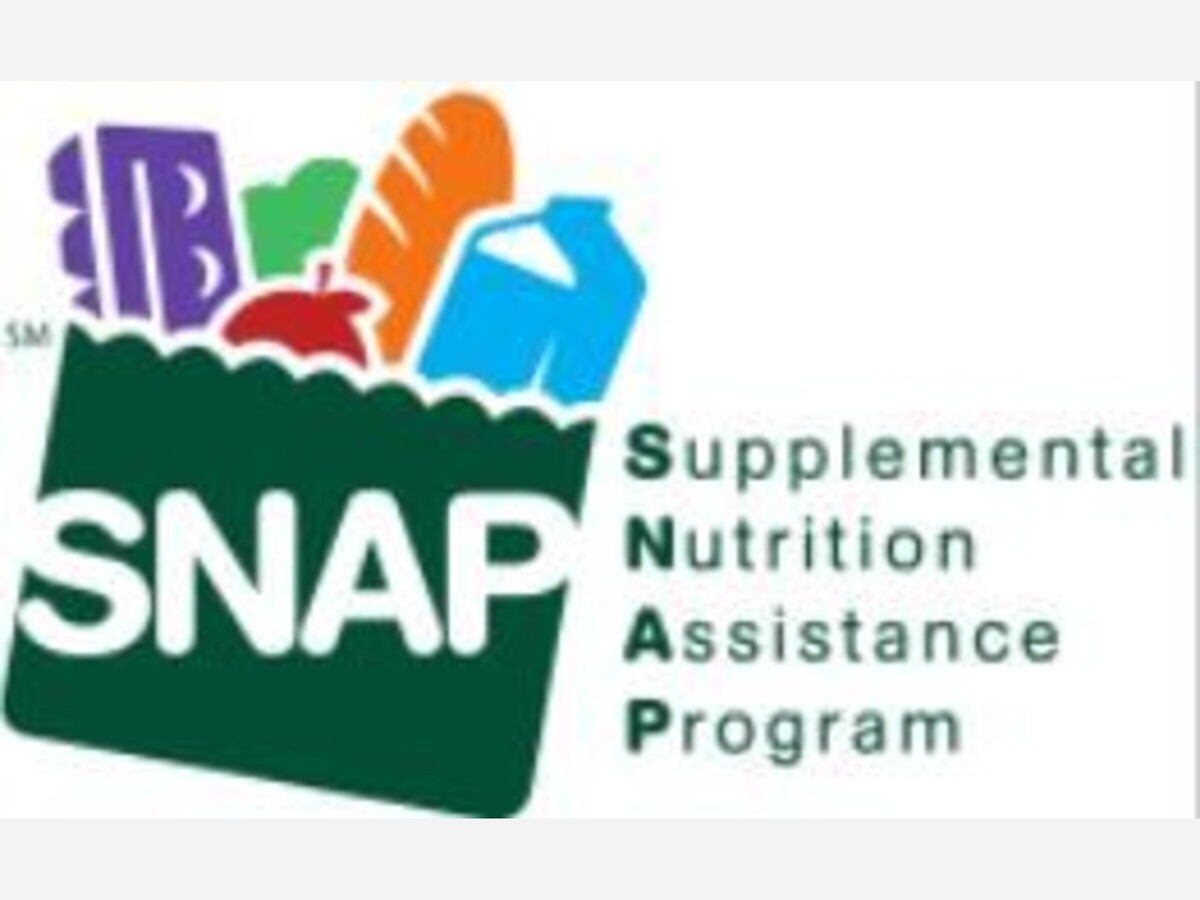Image

As the costs of food, heating and transportation continue to rise, Massachusetts households are already struggling to stretch their grocery budgets. However, Americans who have been receiving temporary extra SNAP benefits during the COVID-19 Public Emergency will no longer receive increased financial support. Recent action by Congress is ending the SNAP Emergency Allotments. This means that more than 647,000 Massachusetts households will receive their last increased payment on March 2, 2023 and lose, on average, $151.46 per month in additional benefits, based on data from the Department of Transitional Assistance.
While SNAP Emergency Allotments were always meant to be temporary during the Public Health Emergency, the extra federal funds have become a lifeline for the 1 in 5 households with children across the Commonwealth facing food insecurity and steep inflation.
Since the announcement, calls to Project Bread, which describes itself as an "anti-hunger" non-profit, have risen, with many residents concerned about how they will afford food without the extra benefits. While Project Bread has offered support in maximizing benefits and finding alternative food programs, the most important has been proposed by Governor Healey. To help alleviate the steep drop in monthly food funds, Governor Healey has proposed a supplemental budget that would allow Massachusetts SNAP clients to continue receiving 40 percent of their Emergency Allotment benefits for an additional three months.
In 2022, Project Bread received 20,611 Hotline calls, with 37.8 percent of callers requesting to be connected to SNAP. SNAP is the most relied on food resource in the nation and makes it possible for people to purchase the food they want, where and when they choose. The value of SNAP is clear, but the amount of SNAP benefits individuals and families receive can make the difference for how they cover their household bills each month.
SNAP is the largest of the federal assistance programs and provides ten times the amount of food as food banks, but as food prices increase, SNAP benefit amounts also need to adapt to meet families’ needs. Not only does SNAP fulfill the immediate need for food, it also puts money back into the economy. Every $1 of SNAP benefits generates between $1.50 and $1.80 in economic activity, which supports local communities and creates jobs. There are over 5,000 retail establishments across the Commonwealth that accept SNAP and are more likely to be open than food pantries, according to a Project Bread posting.